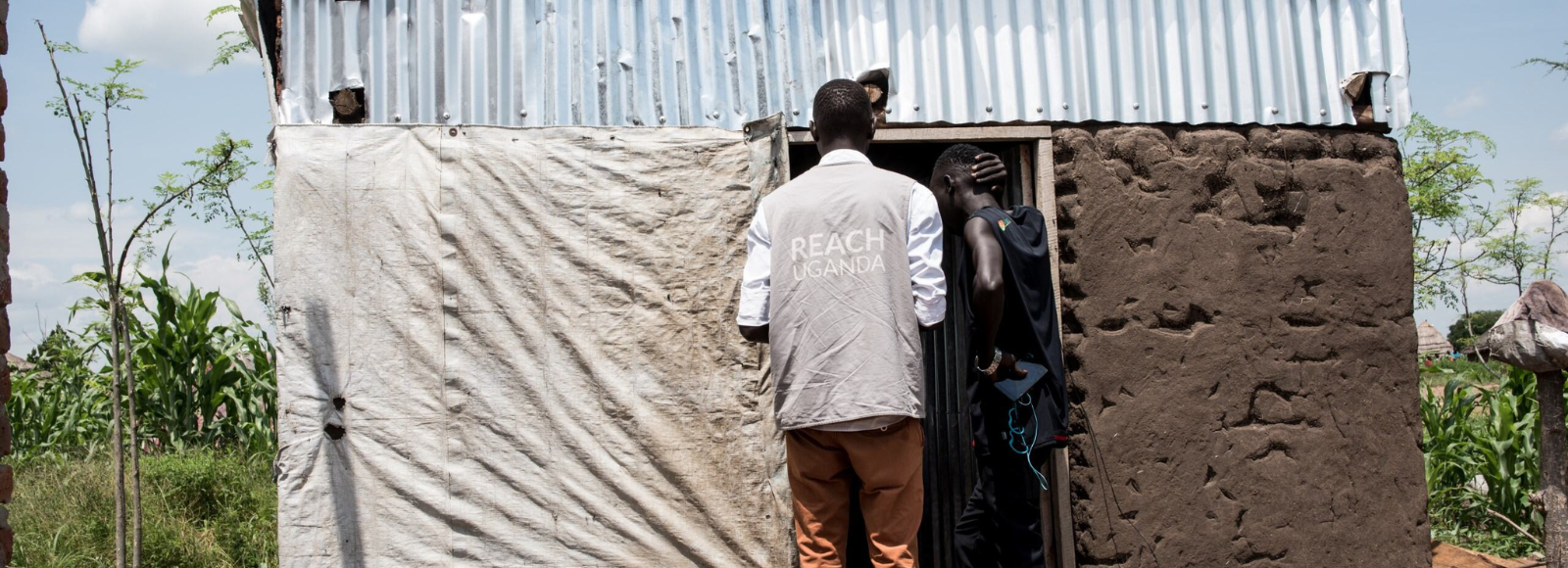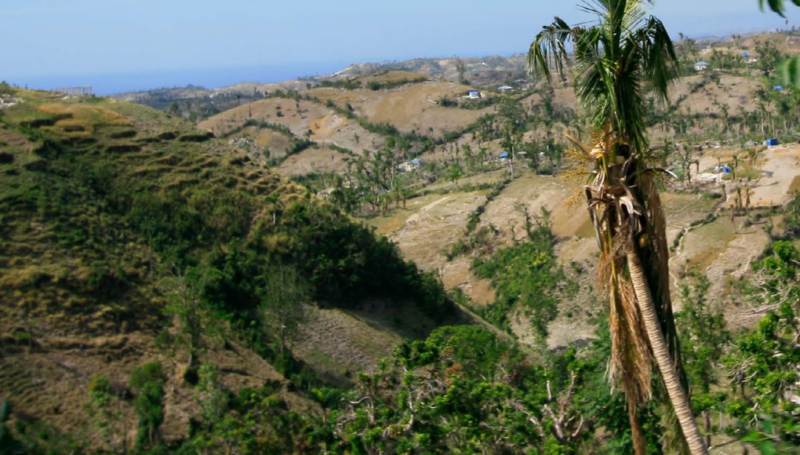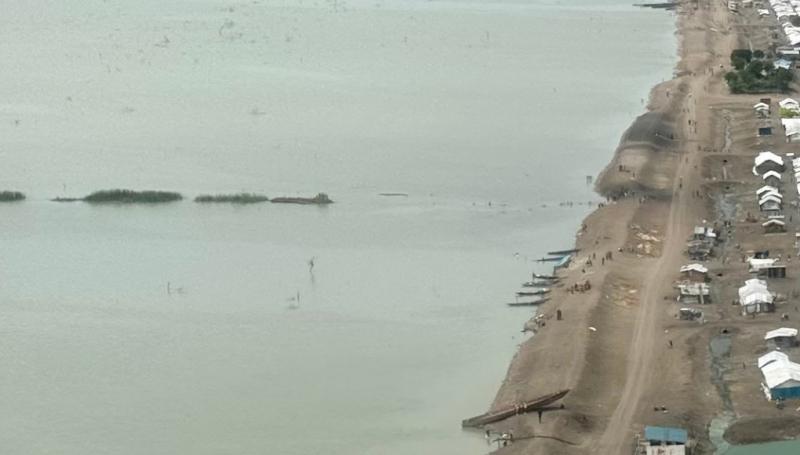The latest Movement, Livelihood, and Access to Basic Services assessment for Adjumani Town, Uganda, conducted by IMPACT via its initiative REACH, presents a nuanced picture of both progress and persistent challenges in the region. While many refugee households have experienced improvements in their livelihoods, they continue to face significant barriers that impede full integration and access to essential services.
Key Findings:
- Most refugee households report that their livelihood situation has improved since moving to Adjumani, but they remain heavily reliant on income sources that require minimal assets or capital. Severe coping mechanisms are more commonly used by refugee households compared to host communities.
- While there have been some improvements, many communities still face challenges such as prolonged waiting times at health facilities, frequent water shortages, and inadequate Water, Sanitation, and Hygiene infrastructure. These disparities highlight the uneven nature of recovery and development efforts in the region.
- Although social cohesion between refugees and host communities is generally strong, ongoing economic challenges, including unemployment and language barriers, continue to limit full integration. These issues could increase social tensions if not addressed.
For a detailed analysis, access the full brief here.









